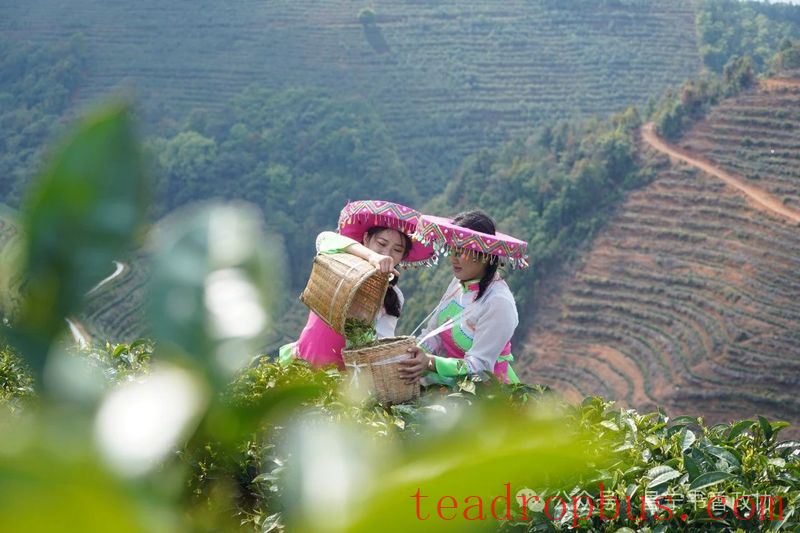Changning's tea culture has a long history, with indigenous people having customs of drinking and using tea as early as the 2nd century AD. The county is rich in ancient tea trees, with over 200,000 such trees, and ten ancient tea tree clusters, including Agan Ridge in Gouxie, Chashan River in Mangshui, and Paradise Mountain in Datianba. It is the only place in China to be officially registered and certified as a “Thousand-Year Tea Homeland.”
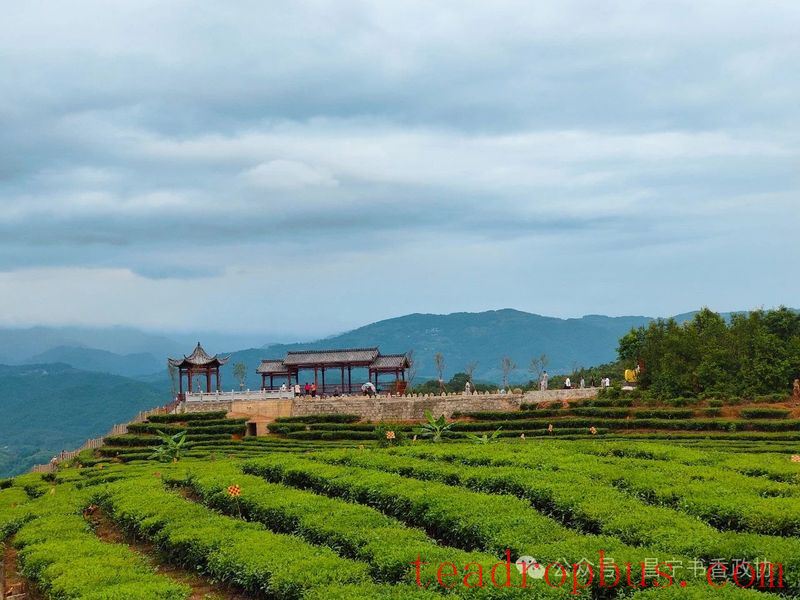
In recent years, the Changning County Political Consultative Conference (CPPCC) has closely followed the development orientation set by the 14th Party Congress of Changning County, which is to “build a demonstration area for highland specialty agriculture in western Yunnan.” Based on the advantages of its tea industry resources and historical cultural heritage, it has conducted consultations and deliberations focusing on three key aspects: bases, products, and culture. It has used various methods, such as proposals, research inspections, and democratic consultations, to assist in improving the quality of the tea industry and promoting the heritage of tea culture.
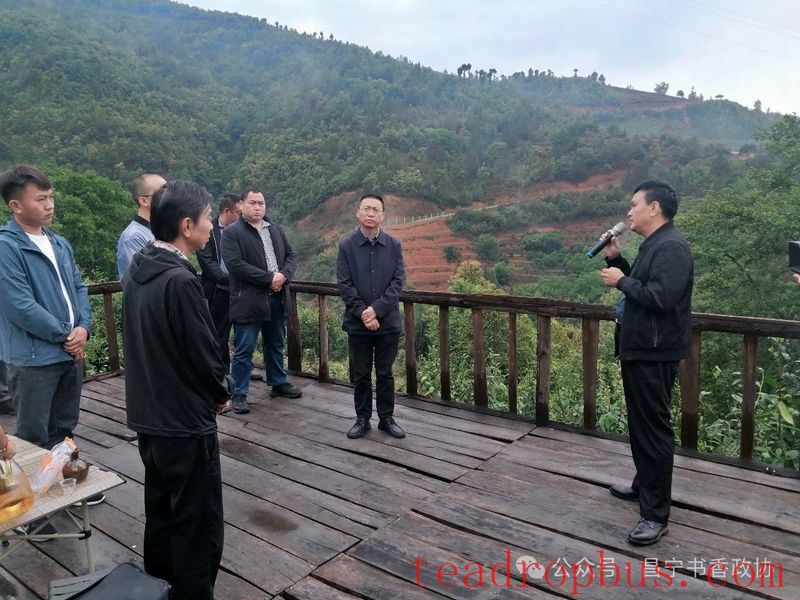
Maintaining tea gardens and protecting ancient tea trees. Tea gardens are the frontline fields for the development of the tea industry, providing important guarantees for enhancing the quality of tea products and the longevity of tea culture. For a long time, issues such as scattered tea plots, improper maintenance of tea gardens, and inadequate protection of ancient tea trees have troubled and constrained the improvement of tea product quality. Since the first session of the 10th CPPCC of Changning County, political advisors have successively proposed proposals such as “Implementing the Tea Demonstration Base Construction Project in Yuantian Town.” Relevant departments, including the County Agricultural and Rural Affairs Bureau and the County Tea Industry Development Center, have actively adopted the suggestions in these proposals, working together to ensure their effective implementation. At the same time, the CPPCC focused on three problems: weak environmental protection awareness, weak management awareness, and weak development awareness in tea areas. It organized a consultation meeting in Huangjiazhai Village, Mangshui Town, where it discussed a combined model of online and offline management, guidance and supervision, and a development model of adoption, management, and profit sharing. It also introduced various market entities to develop in the area, building a new pattern of integrated cultivation and utilization and cooperative development. This led to a “path to prosperity” filled with the fragrance of tea. Under an atmosphere of proposals urging departments to act and consultations motivating the public to participate, the construction of tea bases in the county gradually took a path towards scale, standardization, and ecological development. With the efforts of the county party committee and government, seven “tea industry key development towns with more than 10,000 mu,” such as Yuantian, Mangshui, Wenquan, Wengdu, Mengtong, Gengge, and Datianba, were built. Three “demonstration villages with more than 10,000 mu and 10 million yuan,” such as Daren, Guangshan, and Songshan, were established. A total of 112,000 mu of organic tea gardens have been certified, and 29,800 mu of tea gardens have been certified by the international Rainforest Alliance.
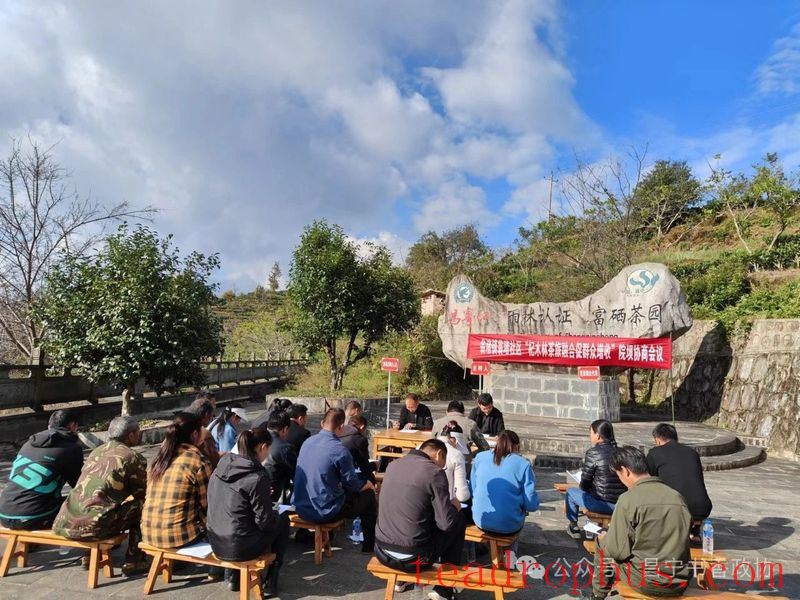
Producing tea and establishing brands. Changning mainly produces Black Tea, Green Tea, and Pu'er tea. For a long time, most production enterprises were small-scale Tea processing plants, which were small in scale, weak in strength, and low in organizational degree, leading to low standardized production levels, unstable product quality, and low brand value. To address this, the CPPCC has led political advisors to make active suggestions through research and consultations to promote the development of the tea industry. Since 2025, the CPPCC has conducted specialized research on the situation of the “Changning Black Tea” industry and tea quality safety, organizing resident political advisors in Changning to study and learn about tea brand building and market cultivation in Shuangjiang County and Fengqing County. A total of four specialized reports have been submitted to the county party committee, with 26 suggestions and recommendations. Making full use of the role of the CPPCC as a specialized consultative institution, it has utilized the “courtyard consultation” meeting as a front-line platform, successively holding consultation meetings in Mengtong, Wenquan, and Wengdu. These meetings provided suggestions and recommendations for the construction of the “Cloudy Tea Sea,” the integrated development of tea tourism, tea product quality safety, and the promotion of the tea industry to support rural revitalization. Through the joint efforts of the people of the entire county, Changning's tea products have gradually become better known and recognized, and tea enterprises have gradually grown in size. A total of 706 tea enterprises have been cultivated, with 499 registered tea trademarks, nurturing well-known brands such as “Changning Red” and “Dragon Rising Over the Cang River,” and prioritizing the development of two public brands, “Thousand-Year Tea Homeland” and “Changning Black Tea.”
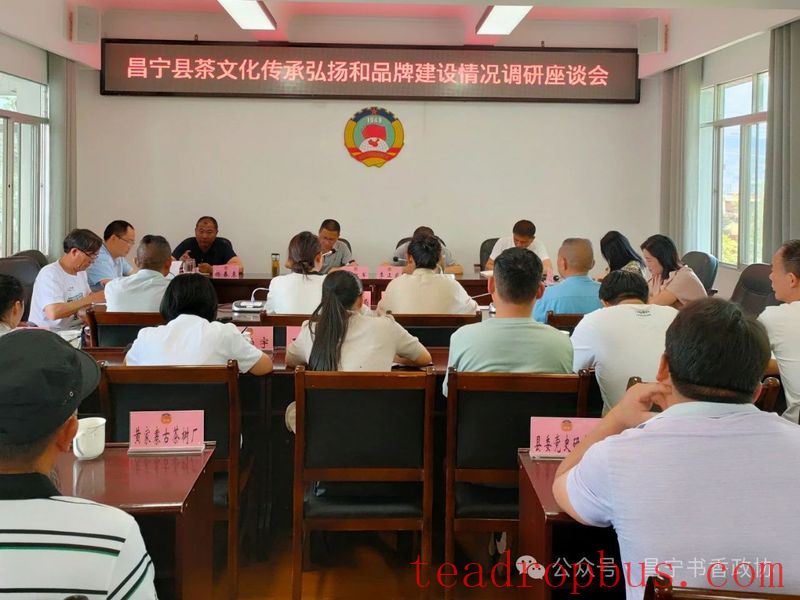
Competing in tea art and tasting tea fragrance. Historically, Changning has always been an important stopover and tea-producing area along the ancient Tea Horse Road. More than 600 years ago, “Biyun Xiantea” from Changning was served as tribute tea in the imperial capital. However, up to now, there are very few carriers and venues that can showcase the history and culture of the tea industry in Changning. The most representative original Changning Black Tea Factory faces problems due to reforms and restructuring, such as incomplete preservation and poor maintenance. In 2025, the CPPCC conducted specialized research on the inheritance and promotion of tea culture, deeply analyzing the root causes of the problems and formulating a specialized research report with 14 suggestions and recommendations. In the first half of 2024, the CPPCC organized a “One Suggestion for the Development of Changning” activity among political advisors. Zhang Yongsheng, a political advisor who had been engaged in tea production for many years, suggested further exploring the unique tea culture and tea stories of Changning, producing biographies, documentaries, and other works about them. Changning County has successively organized a variety of activities, such as the “Thousand-Year Tea Homeland ‘Tea Fairy' and the Second Cultural Tourism Promotion Officer Competition,” the “Wenquan Town Tea Fragrance Cultural Activity Festival,” and other rich and colorful events integrating literature, arts, and commerce. It hosted the Fifth Vocational Skills Competition of Baoshan City in the tea industry, and the atmosphere of Changning's tea culture has become increasingly vibrant.
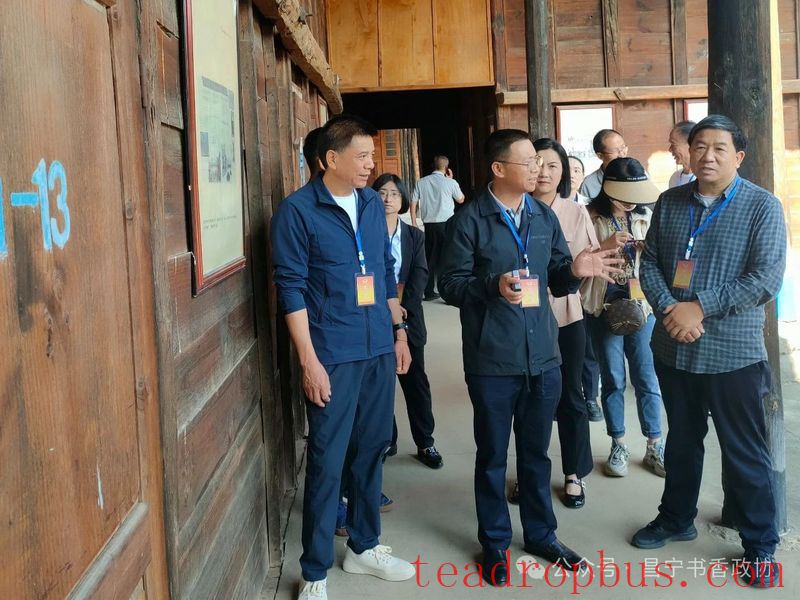
Today, learning about tea through cultural books like the “Changning Tea Annals” and “Tea Charm in Changning,” discussing tea in literary works like “Colorful Tea Homeland” and “Scented Tea Sent to Beijing,” tasting tea in places like the Ancient Tea Park in Huangjiazhai and the tea culture-themed street, and spreading tea through activities like “Changning Invites You to Pick Tea” and “Changning Black Tea Brand Special Promotion Conference” have become a fashion and habit for the people of Changning. The brand of the “Thousand-Year Tea Homeland Changning,” with its “fragrant tea,” is becoming increasingly prominent.
